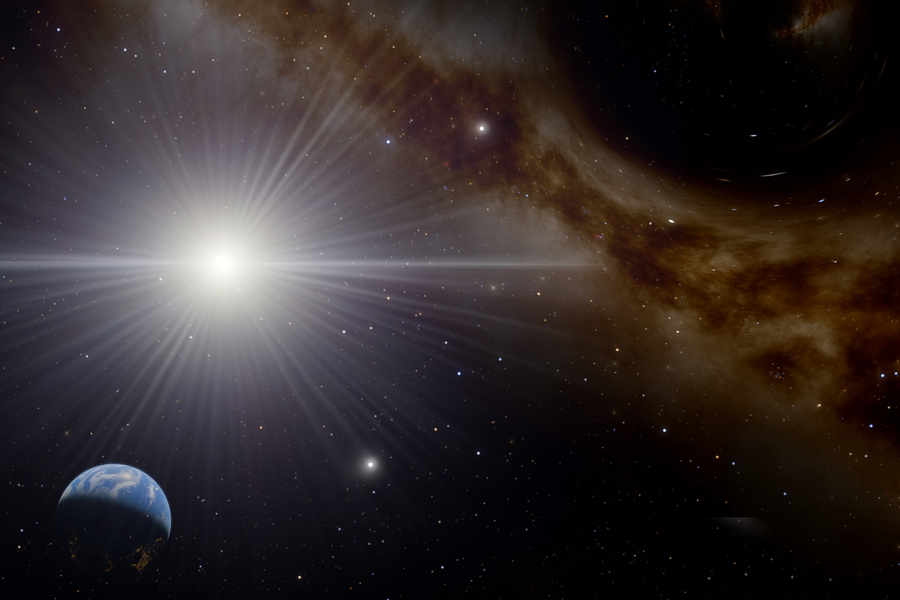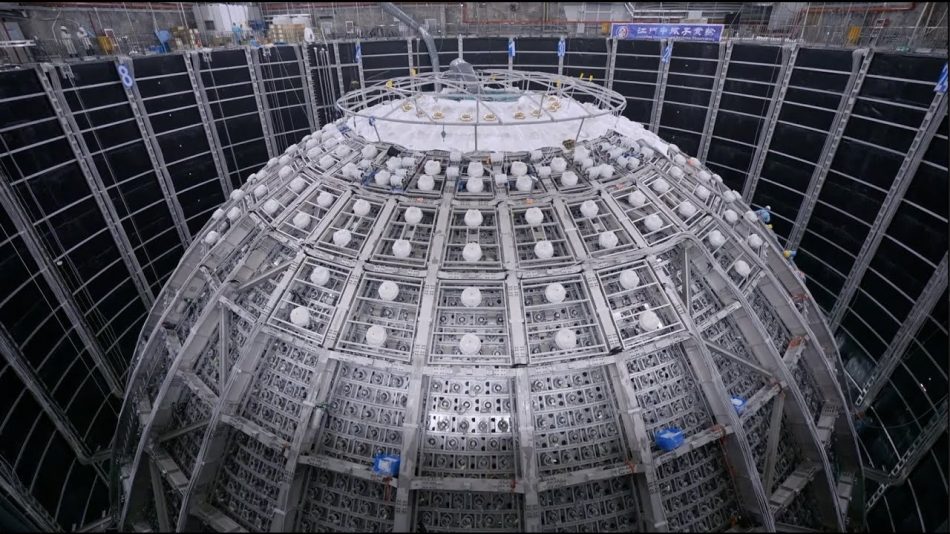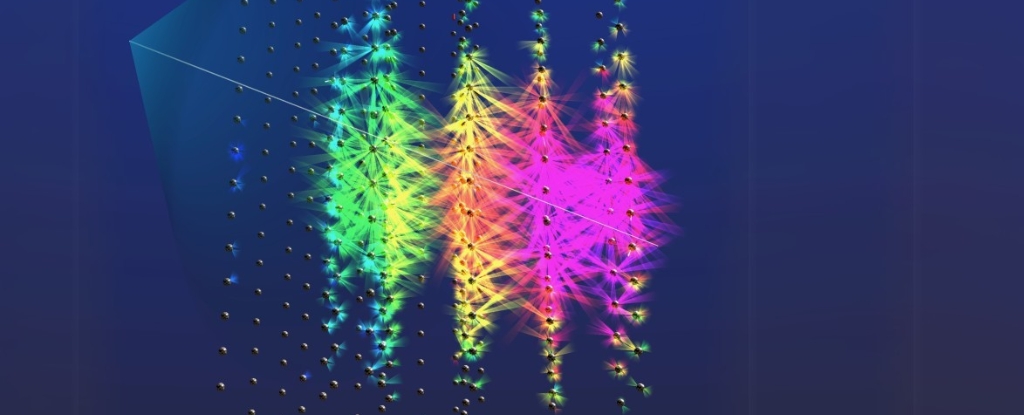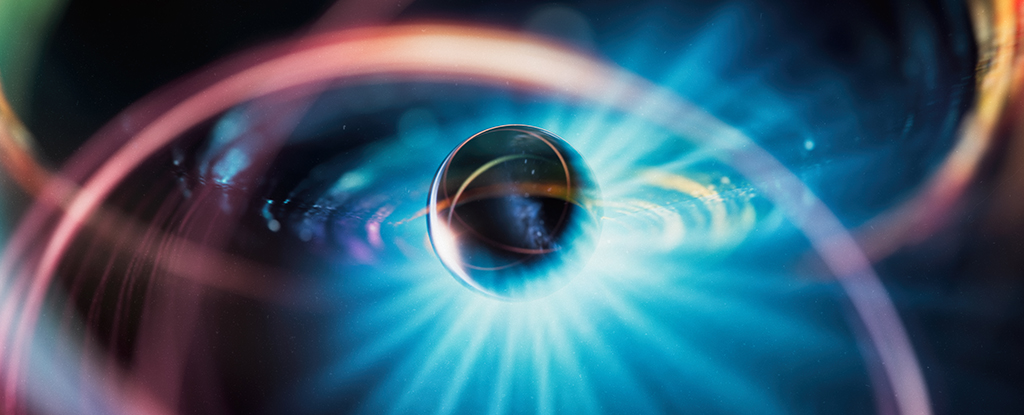
If a new proposal by MIT physicists bears out, the recent detection of a record-setting neutrino could be the first evidence of elusive Hawking radiation.

The Jiangmen Underground Neutrino Observatory (JUNO) in Guangdong began collecting data on 26 August 2025.

On 13 February 2023, an undersea detector off the coast of Sicily picked up a record-breaking neutrino event. The particle's energy was estimated to be a whopping 220 petaelectronvolts.

A new model of quantum interactions now suggests some of the lightest particles in the Universe might play a critical role in how at least some heavy elements form.

Two large research collaboration have observed these neutrinos for the very first time, using detectors located at CERN's Large Hadron Collider (LHC) in Switzerland.

Scientists detected a high-energy neutrino emission from within the Milky Way for the very first time using the IceCube Neutrino Observatory. Neutrinos are incredibly hard to detect.

In a scientific first, a team led by physicists at the University of California, Irvine has detected neutrinos created by a particle collider.

Scientists have proved that the source of high-energy neutrinos is a special kind of supermassive black holes called blazars.

Supermassive black holes are gravitational powerhouses. When hot gas surrounding them is squeezed by gravity and electromagnetic fields, it can emit tremendous amounts of energy, including high-energy neutrinos.

Curtin University researchers are part of an international project that will use a huge underwater neutrino telescope at the bottom of the Mediterranean Sea to help explain some of the most powerful and mysterious events in the universe.

New results from Borexino, the only detector on Earth capable of observing the entire spectrum of solar neutrino simultaneously, which has now been accomplished.

There are three types of neutrinos in the Standard Model, the blueprint of particle physics. Experimental results add evidence for the existence of a fourth, more mysterious type - the sterile neutrino.

Experiment called OPERA at CERN has released its final round of results, which add further evidence of neutrinos’ strange identity-swapping behavior.

The IceCube detector, located at the South Pole, has now confirmed a part of the Standard Model of physics, which describes the properties of fundamental particles and their interactions.

We’re actually able to detect a bump from the lightest particle we know of.